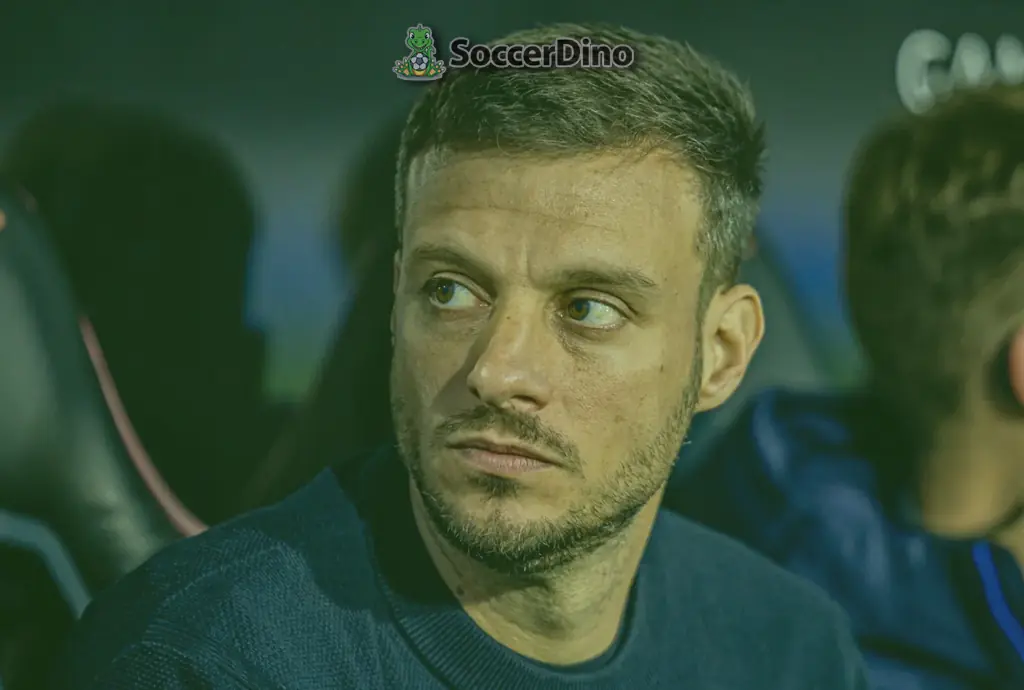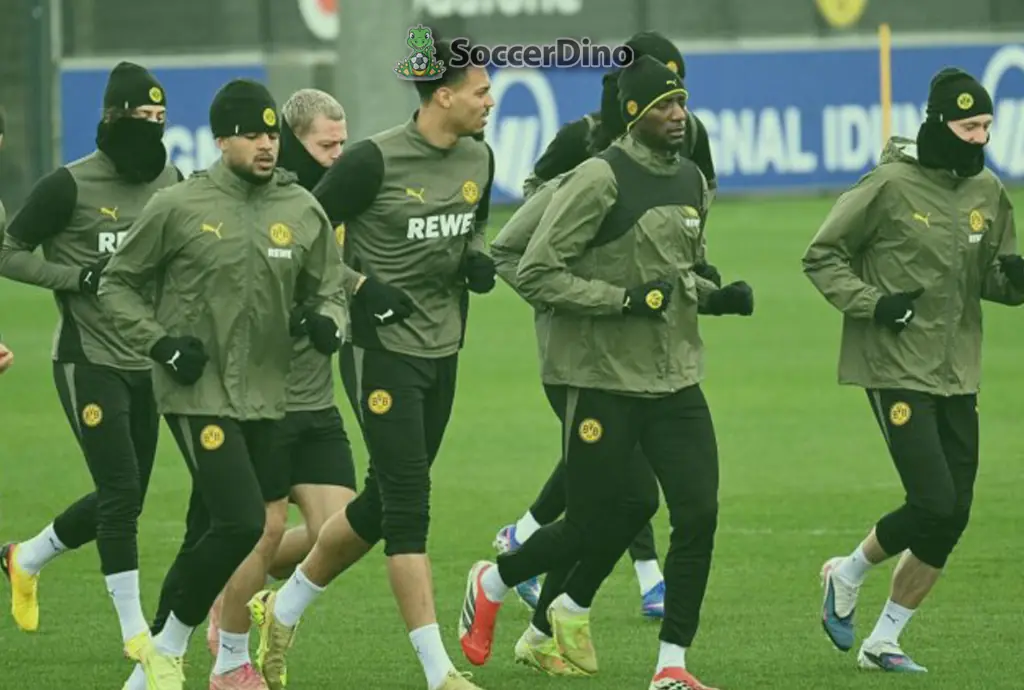“We believe that, in certain cases, the sanction is unfair and (…) we are going to appeal,” said AUF President Ignacio Alonso.

The Uruguayan Football Federation (AUF) has announced that it will appeal the suspensions imposed on Darwin Núñez (five matches) and Rodrigo Bentancur (four matches) by CONMEBOL following incidents that occurred during the Copa América semi-final.
These suspensions have been a significant blow to the Uruguayan national team, impacting their plans for the upcoming World Cup qualifiers.
“We believe that, in certain cases, the sanction is unfair and (…) we are going to appeal,” said AUF President Ignacio Alonso in a statement addressing the media. Alonso emphasized that the AUF feels the penalties were excessively harsh given the circumstances and has vowed to fight for a reduction or annulment of the bans. The appeal process will involve presenting evidence and arguments to CONMEBOL’s disciplinary committee in hopes of achieving a more favorable outcome for the players involved.
The controversy arose following Uruguay's 1-0 defeat to Colombia in the semi-final match held in Charlotte, United States. The match was intensely competitive, and tensions boiled over at the final whistle, leading to a series of altercations. Several Uruguayan players, including former Benfica player Darwin Núñez, Ronald Araújo, and José Giménez, were involved in confrontations with fans and officials in the stands. Video footage showed heated exchanges and physical confrontations, which led to disciplinary action by CONMEBOL.
The South American Football Confederation (CONMEBOL) responded swiftly, issuing suspensions and fines to several players involved in the incidents. In addition to the suspensions handed to Núñez and Bentancur, Mathias Olivera received a four-match ban, Ronald Araújo was suspended for three matches, and José María Giménez also faced a three-match suspension. These punishments have raised concerns about the disciplinary standards and consistency of CONMEBOL’s actions, with the AUF particularly unhappy about what they perceive as disproportionate sanctions.
The Uruguayan Federation's appeal will not only focus on Núñez and Bentancur but will also attempt to reduce the penalties for other players. According to the AUF, the appeal is based on the belief that the actions of the players, while not condoned, were not as severe as suggested by the length of the suspensions. The federation is prepared to provide a detailed defense, including testimonies and video evidence, to argue for leniency.
In addition to the suspensions, all of the penalized players were fined, with six other Uruguayan internationals receiving financial penalties without being banned from playing. These fines have added to the AUF’s grievances, as they feel the financial burden placed on the players is excessive and does not take into account the provocations and circumstances that led to the altercations.
As Uruguay prepares for their upcoming World Cup qualifying matches, these suspensions could have a significant impact on their squad selection and strategy. The team is set to face Paraguay on September 6 and Venezuela four days later, both matches to be held in Uruguay. Following these fixtures, they will play against Peru and Ecuador in October and Colombia in November. With several key players potentially sidelined due to suspension, the Uruguayan national team may have to rely on less experienced squad members to step up in these crucial games.
José Giménez, one of the suspended players, expressed his concern about the safety of the players' families during the incidents, stating that they were "in danger" due to the actions of some Colombian fans. According to Giménez, the altercations in the stands were sparked by provocations from a section of the Colombian supporters, which escalated the situation and led to the confrontations. This statement has added a layer of complexity to the situation, as the AUF may use this in their defense to argue that the players were reacting to protect their loved ones.
The outcome of the appeal could have a significant impact on Uruguay's chances in the World Cup qualifiers. A successful appeal could mean a reduced suspension for Núñez, Bentancur, and the other players, allowing them to participate in more of the qualifying matches. However, if the appeal is unsuccessful, Uruguay will need to adapt quickly and find alternative solutions to cope with the absence of these key players.
As the appeal process unfolds, all eyes will be on CONMEBOL's disciplinary committee and their response to the AUF's arguments. The situation highlights the ongoing challenges and controversies in football governance, particularly in high-stakes tournaments where emotions run high and disciplinary decisions can have far-reaching consequences for teams and players.







